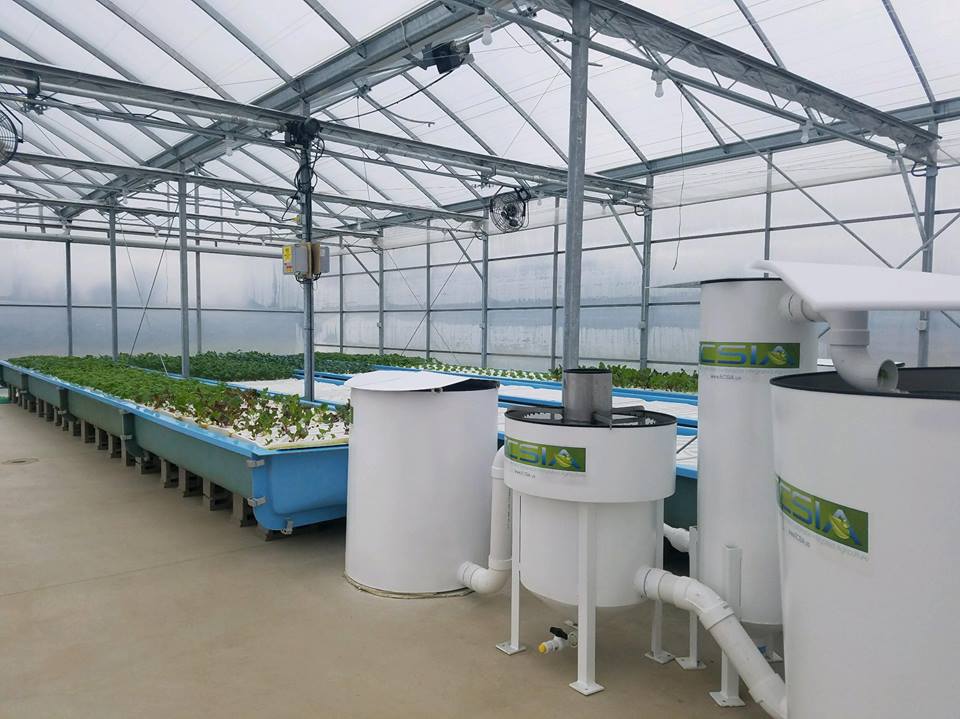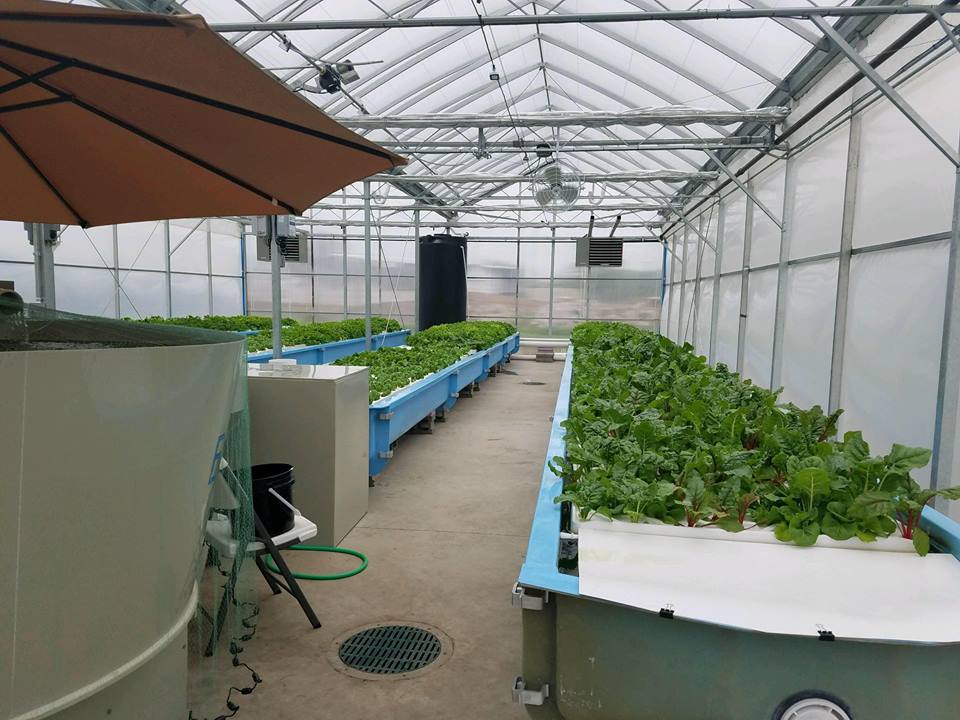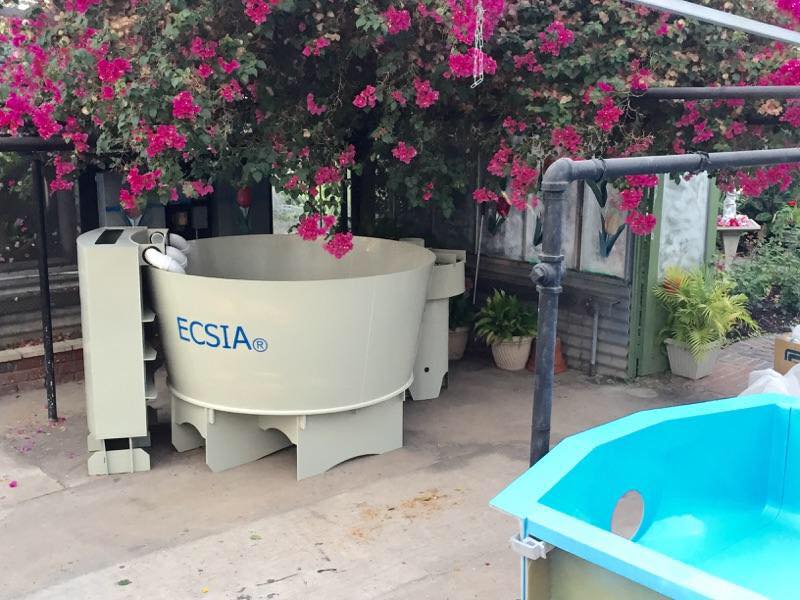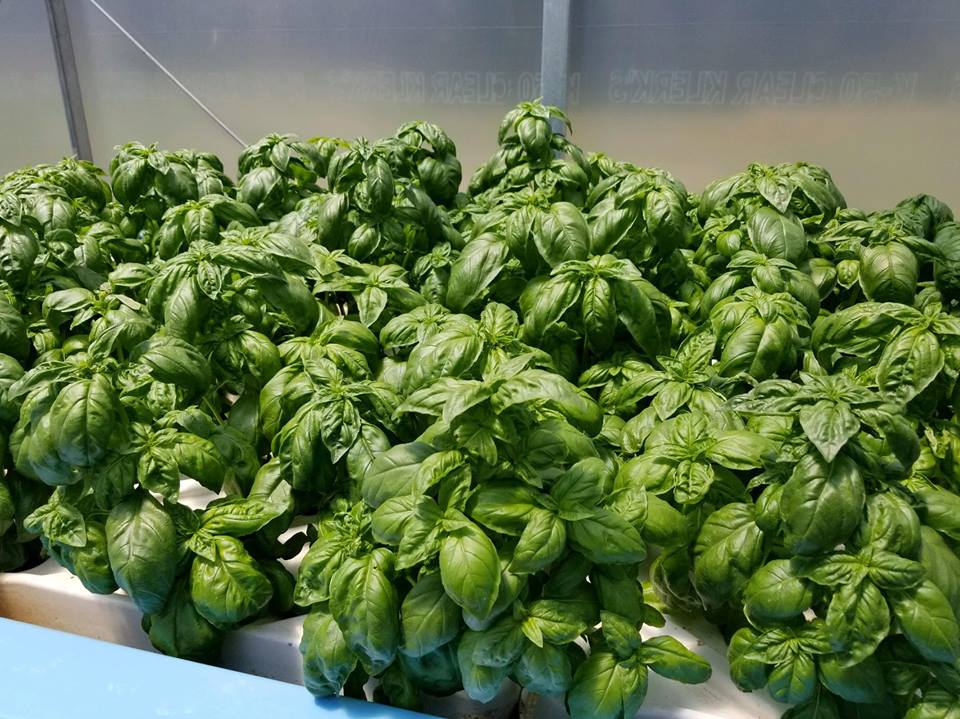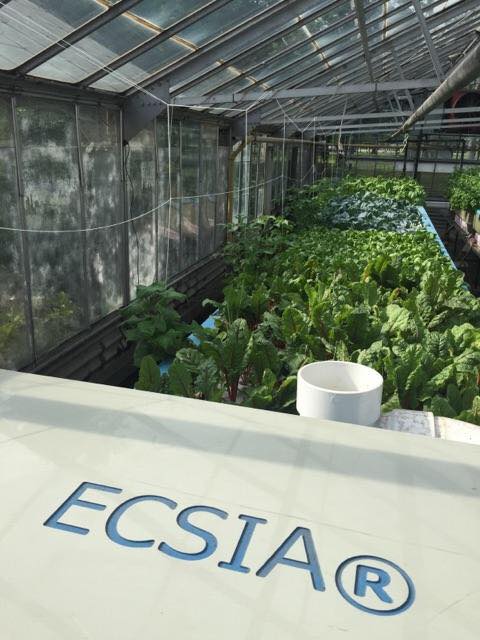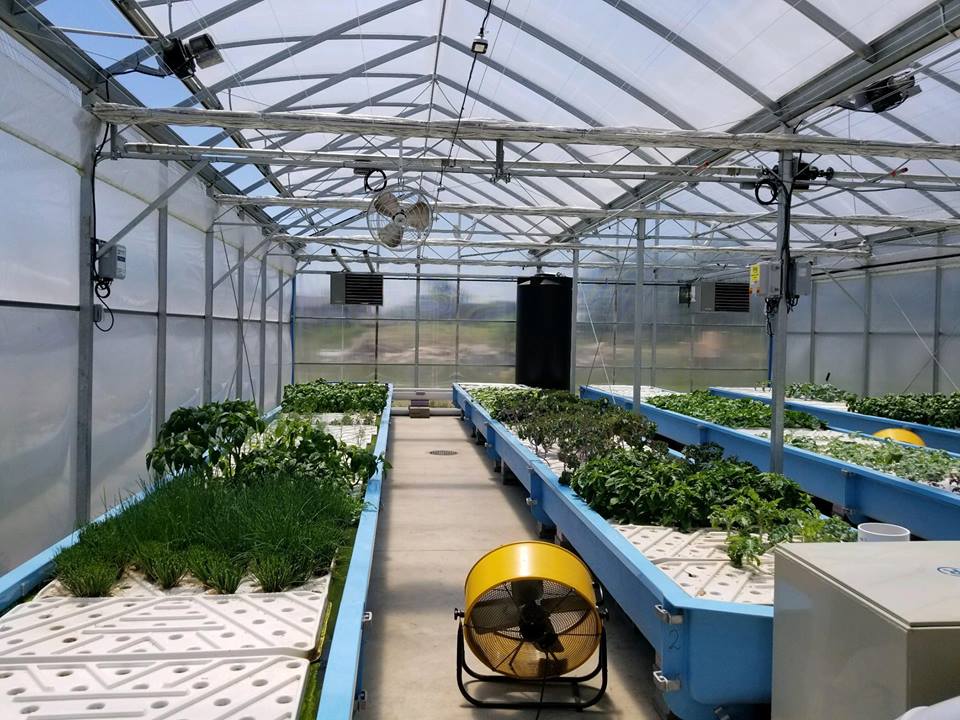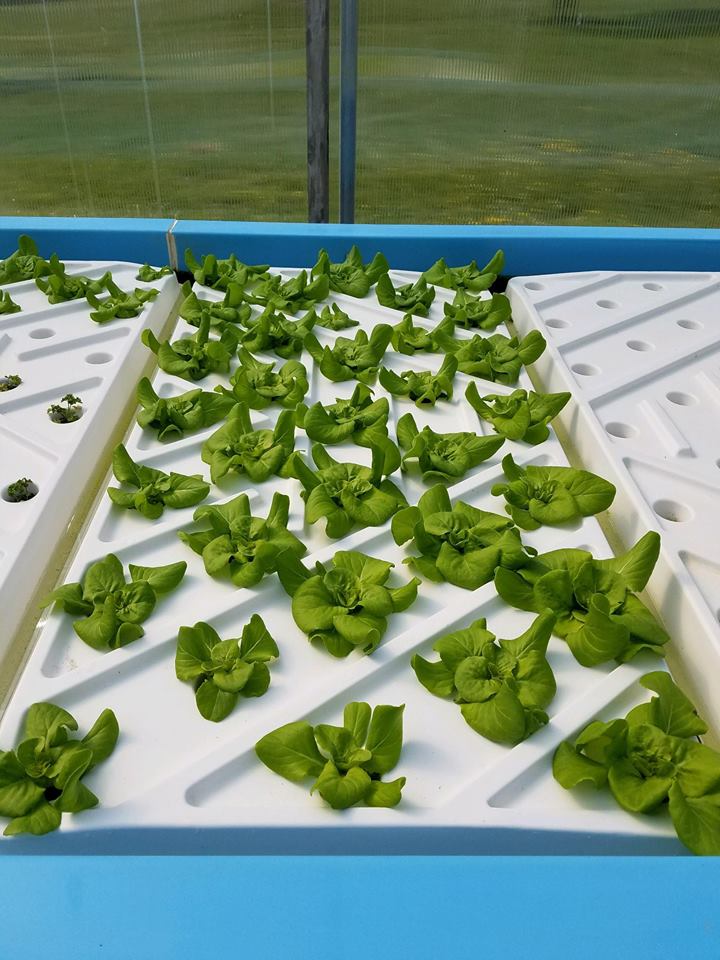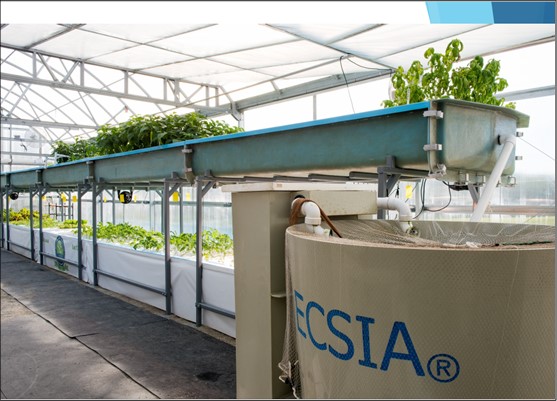
Projects
ACE is a multifaceted company that is working right now alongside its partners in three different projects which are related to gasification (TCG), greenhouses (ECSIA) and grease and water remediation (Simply Six).
Projects
ACE is a multifaceted company that is working right now alongside its partners in three different projects which are related to gasification (TCG), greenhouses (ECSIA) and grease and water remediation (Fission).
Gasification
Construction of a pilot plant (looking at possible sites in West Virginia and Ohio)
Construction of a fully commercial scale (500 dry tons per day) coal to liquids facility, located in Wood County, WV
Conversion of carbon rich feedstock into clean energy products such as transportation fuels or chemicals
Utilizing electro-chemical gas and water cleanup
Non-Combustion of feedstocks reduces air emissions
CO2 capture and utilization
Research site for recovery of Rare Earth Elements from coal ash
Revenue from plant primarily intended to benefit non-profit higher education
Greenhouses
Patent pending ECSIA® (Environmentally Controlled Sustainable Integrated Agriculture) bases its roots in aquaponics. Simply stated, ECSIA® is water conditioning and commercial agriculture!
The ECSIA® system produces more food for less money than traditional farming practices and provides food year round rather than for a single growing season. We produce fresh, healthy and great tasting natural and organic food. We are eco friendly, completely green, conserve water and operate every aspect as a zero waste system.
Fission
ECSIA, LLC, of Redkey, Indiana, has developed a Non-Ionic Surfactant Nano-Scale Colloidal Generator as a remediation product for hydrocarbons, the benzene ring and various other chemical components. It is called Fission and comes in varying compounds designed for specific uses.
Fission only requires water and agitation to activate. It is not enzymes. It is not bacteria. It simply creates some of the smallest micelles on the planet.
Fission breaks fats, oils, grease, wax and synthetics to a size 50-100 times smaller than a natural bacterium. In the course of this transition, the fats, oils, grease, wax or synthetics can NOT recombine EVER. They stay in colloidal suspension until they are eaten by bacteria. Fission also breaks the benzene ring. The Swan Hills data shows our performance on TPH and Benzene over 30 days. The only bi-products are C02 and H20. Fission can remediate a 100,000 gallon diesel spill and only increase C02 17ppm.
